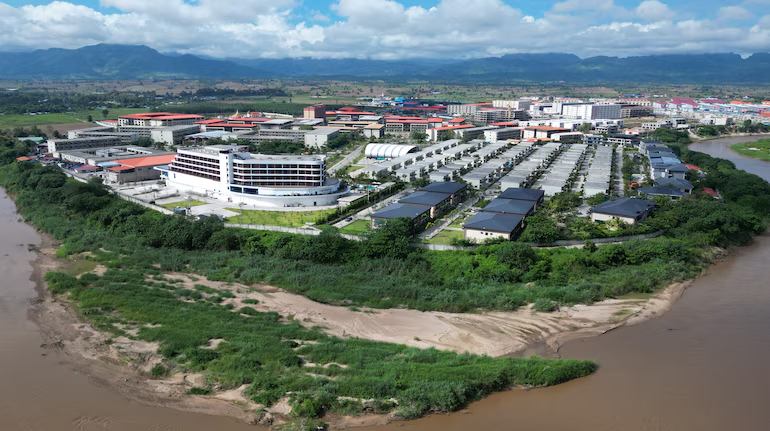CBSE Class 10 Students to Get Two Chances at Board Exams Starting 2026; First Attempt Mandatory
Beginning from the academic year 2026, Class 10 students enrolled under the Central Board of Secondary Education (CBSE) will be allowed to appear for board examinations twice in a single academic session, to ease academic pressure and give students more opportunities to perform to the best of their ability.
This significant policy shift is in line with the recommendations of the National Education Policy (NEP) 2020, which advocated for de-stressing high-stakes assessments by providing students with multiple opportunities to succeed.
As per the new guidelines officially approved by the CBSE and announced by Examination Controller Sanyam Bhardwaj, the first phase of the board exam will be held in February and will be mandatory for all students. This means every student must appear for this round.
The second phase, which will take place in May, is optional and is being introduced as an opportunity for students to improve their scores in subjects they feel they could perform better in.
“This change is designed to help students reduce exam-related anxiety,” said Bhardwaj. “They will not be burdened with the pressure of a single final examination determining their entire academic performance.”
Students who are dissatisfied with their performance in the February session will be allowed to reappear in the May session.
However, this option will only be available for up to three subjects, which must be chosen from among the core areas: Science, Mathematics, Social Science, and Languages. The best score obtained in either of the two phases for a particular subject will be considered for the final result.
The results of the first phase will be declared in April, while the second phase results will be announced in June. This schedule has been carefully planned to ensure that academic continuity is maintained and students have adequate time to prepare between sessions.
In a special provision, students studying in winter-bound schools, which typically follow a slightly different academic calendar due to weather conditions, will be given the choice to appear in either of the two exam phases. This move has been made to accommodate climatic and logistical challenges faced by such institutions.
As part of the changes, the internal assessment, which forms an integral component of final grading, will continue to be conducted as before, but only once during the academic year, irrespective of how many times a student appears for the board exam.
This twin-exam policy was first proposed by CBSE earlier this year in February 2025 as part of the draft examination reform norms, which were subsequently shared publicly to invite feedback and suggestions from parents, educators, and other stakeholders.
The New Education Policy (NEP) 2020 envisions a holistic, flexible, and student-centered educational structure. One of its key objectives is to reduce the overwhelming stress caused by “high-stakes” board exams by allowing students multiple opportunities to prove themselves academically.
With this reform now being implemented by CBSE for Class 10 students, a similar framework is expected to be considered for Class 12 in the coming years.
This initiative marks a significant shift in India’s secondary education system — from a rigid one-time evaluation to a more flexible, learner-friendly approach that encourages growth, confidence, and academic resilience.




